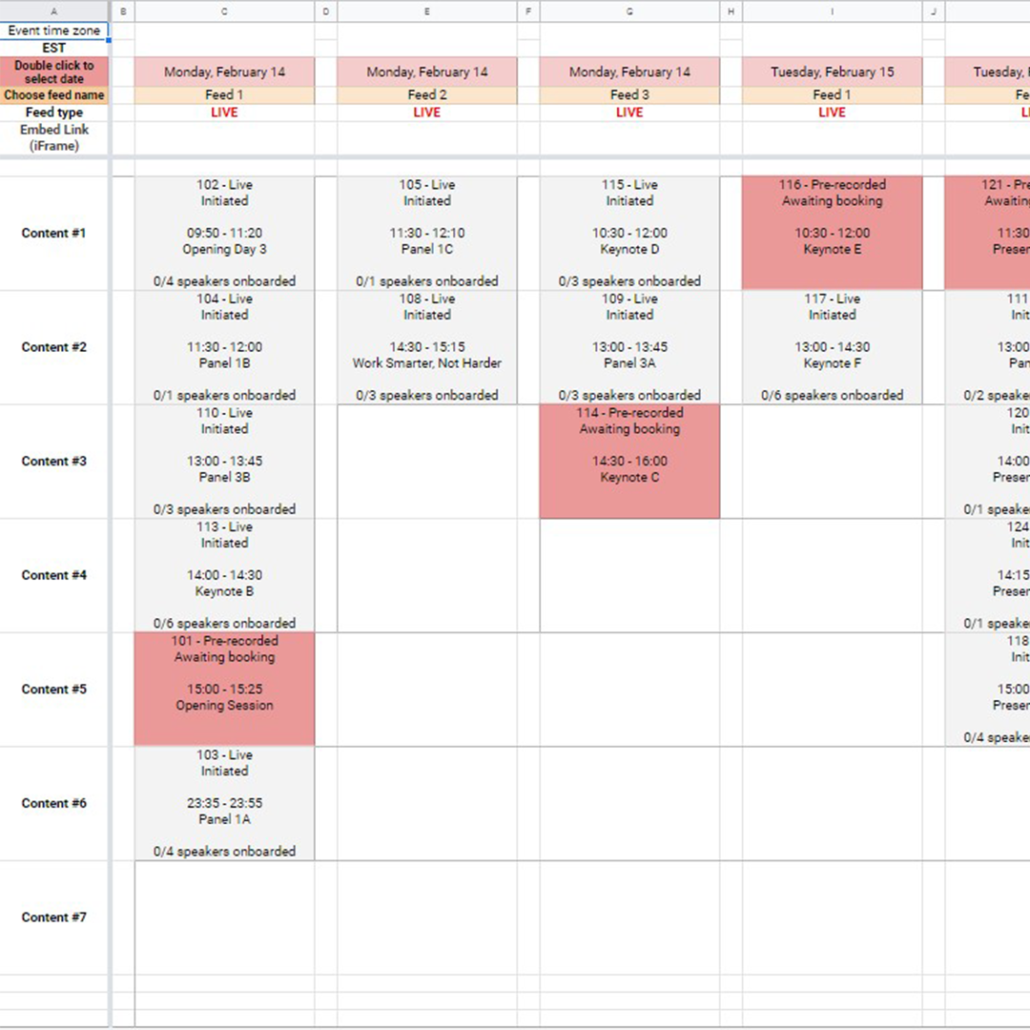Best practices when working with interpreters
When working with interpreters, there are certain best practices you can adopt to ensure each gig runs as smoothly as possible.
At PolyPlay, here’s what we like to do!
Communicate The Lingo
Sharing event/industry-specific jargon with your interpreters before an event will help them do their jobs more accurately.
For example, if you’re running a mining event, ensure the interpreters have a list of keywords specific to the mining industry.
Setting Them Up For Success
Before a work session, there are a number of ways you can prepare your interpreter.
Native or not?
Let the interpreter know if the presenter will be a native speaker of the language or if they’ll be using a particular dialect/accent.
This will ensure the interpreter isn’t caught off guard and can do their due diligence beforehand to be ready.


To switch or not to switch
Inform interpreters about the language(s) that will be spoken by the presenters. Will speakers be using the same language at all times or will they be alternating between languages?
It’s important that interpreters know ahead of time so they can be prepared to switch output channels (as well as input channels if relaying).
Conference Material
Share the presentation and supporting documents with your interpreters as far in advance as possible.
This will allow them to get clarity from you on things they’re unsure of or look up words and subject matter that are unfamiliar to them.


Showflow
Set your interpreters up with the most updated showflow of the event so they can follow along.
This allows them to mentally prepare for long presentations and anticipate breaks.
This is especially helpful to interpreters working in pairs because it allows them to divide up the work more easily.
Technical Checks
You don’t want tech to get in the way of your interpretation service. Make sure to check the following with your interpreters!
- Microphone sound quality, headphones sound quality
- Quiet room with fast, wired internet
- Power and Internet redundancy with a backup plan for everything
- Pre-determined communication channels

Do it yourself, or go Full Service!
At PolyPlay we conduct extensive technical checks with our interpreters prior to every event. That’s one less step for you to worry about! Learn more about our services here.
We hope these best practices prove helpful! If you’re looking to hire interpreters, please check out our diverse PolyPlay interpreter marketplace!

